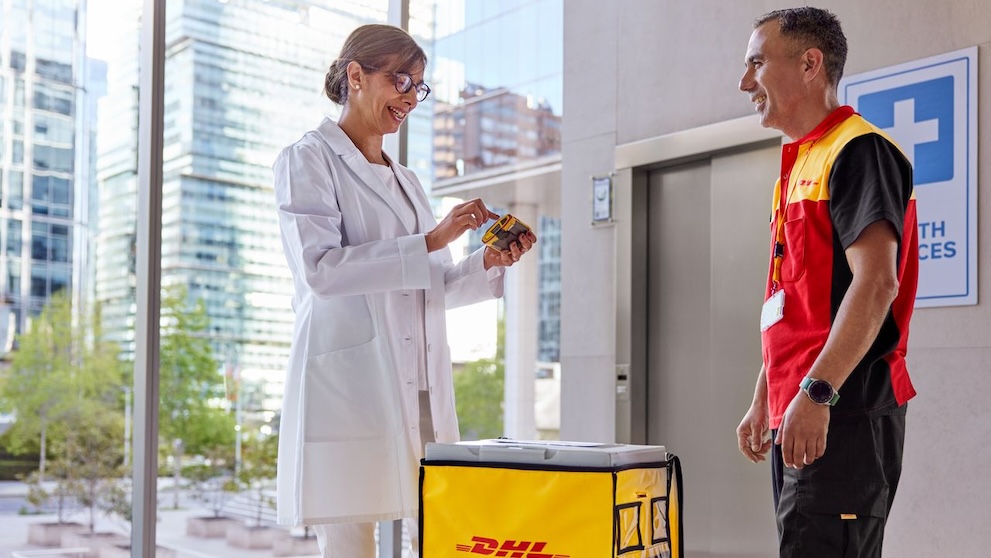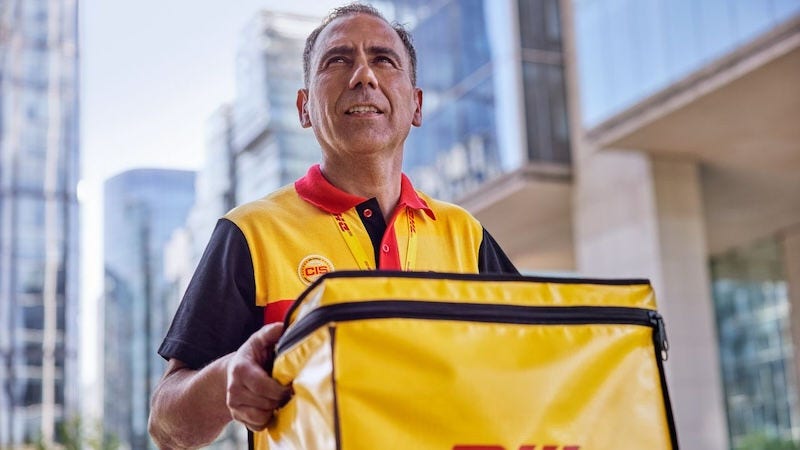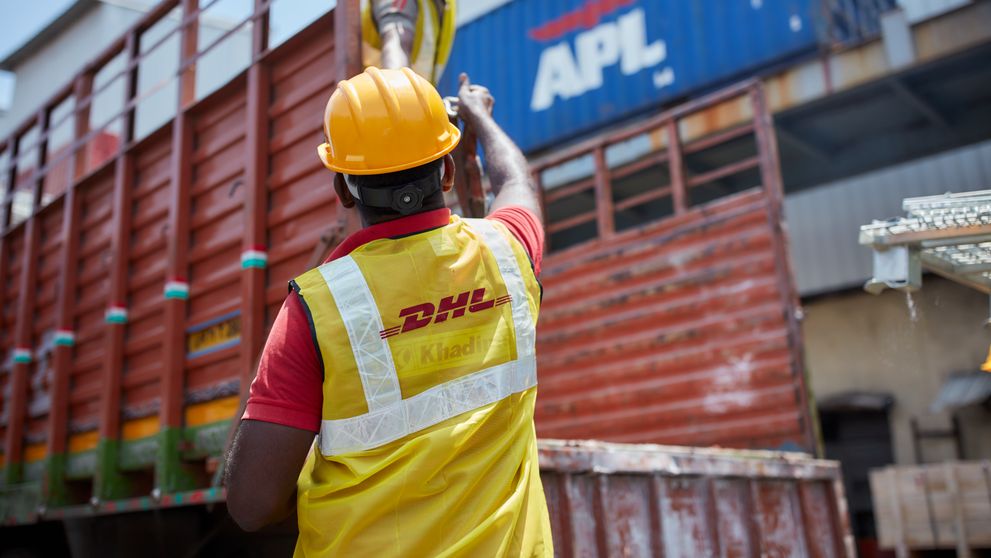As India's pharmaceutical industry surges, projected to grow from US$40 billion in 2021 to US$130 billion by 2030, the complexity of life sciences and healthcare logistics intensifies. With the country commanding over 20% of the global pharma supply and meeting 60% of the world's vaccine demand, specialized logistics solutions become ever more critical. This boom emphasises the need for expertise in handling and transporting sensitive medical products in international shipping to maintain product integrity and ensure global healthcare support. In this blog, we will delve into the essential logistics services that address these complexities, ensuring safety and regulatory compliance throughout the transportation process.
Navigating the challenges of medical device logistics
The logistics of transporting high-tech and sensitive medical devices like MRI machines, CT scanners, or ultrasound equipment are fraught with challenges. These include ensuring the devices are shielded from physical shocks, vibrations, and temperature fluctuations, which can affect their delicate components and calibration. Moreover, the sheer size and weight of such equipment often necessitate custom transportation solutions and handling equipment. Precision handling and vibrant protection during transit thus become crucial, requiring logistics partners who can navigate these complexities with expertise to ensure these critical tools arrive in perfect working condition, ready to contribute to patient care and medical diagnostics.
The role of temperature-controlled logistics in pharmaceutical safety
Given the critical importance of maintaining the integrity of pharmaceutical products throughout their journey to and from India, temperature-controlled logistics play an essential role. This critical aspect of logistics is especially vital for vaccines, biologics, and specific pharmaceuticals that demand strict temperature regulation to preserve their efficacy and safety. These temperature-sensitive products, ranging from life-saving vaccines that protect against infectious diseases to biologics used in treating chronic conditions, rely on controlled environments to prevent degradation or loss of potency. Temperature-controlled logistics, such as the implementation of the cold chain process, ensures that these products are kept within their required temperature ranges from manufacture to delivery, safeguarding the pharmaceutical safety crucial for patient care and treatment outcomes.
Simplifying regulatory compliance with ADC NOC in pharmaceutical logistics
Understanding and navigating pharmaceutical logistics within India's tightly controlled regulatory environment, necessitating an Assistant Drug Controller No Objection Certificate (ADC NOC), becomes equally important. This certificate is crucial for pharmaceutical activities, affirming compliance with safety standards for drug manufacturing, import, export, and distribution. The ADC NOC streamlines logistics by ensuring that all phases of pharmaceutical transport — from production to shipment delivery — meet stringent regulations, facilitating smooth and compliant pharmaceutical exports and maintaining adherence to regulations. This simplifies the complex process for manufacturers and distributors, allowing them to focus on innovation and quality patient care.
Monitoring pharma shipment quality with data loggers
Additionally, the use of data loggers stands out as vital in the healthcare logistics sector, ensuring that sensitive pharmaceutical products, like vaccines and biologics, are consistently kept within safe operating temperatures during transit. By providing real-time temperature data, these devices help maintain the integrity of medical supplies, confirming that they are transported under conditions that meet strict healthcare standards. Moreover, data loggers are invaluable for post-transit evaluations, allowing logistics providers to assess and verify that the conditions throughout the shipment met all necessary safety and quality benchmarks.
















